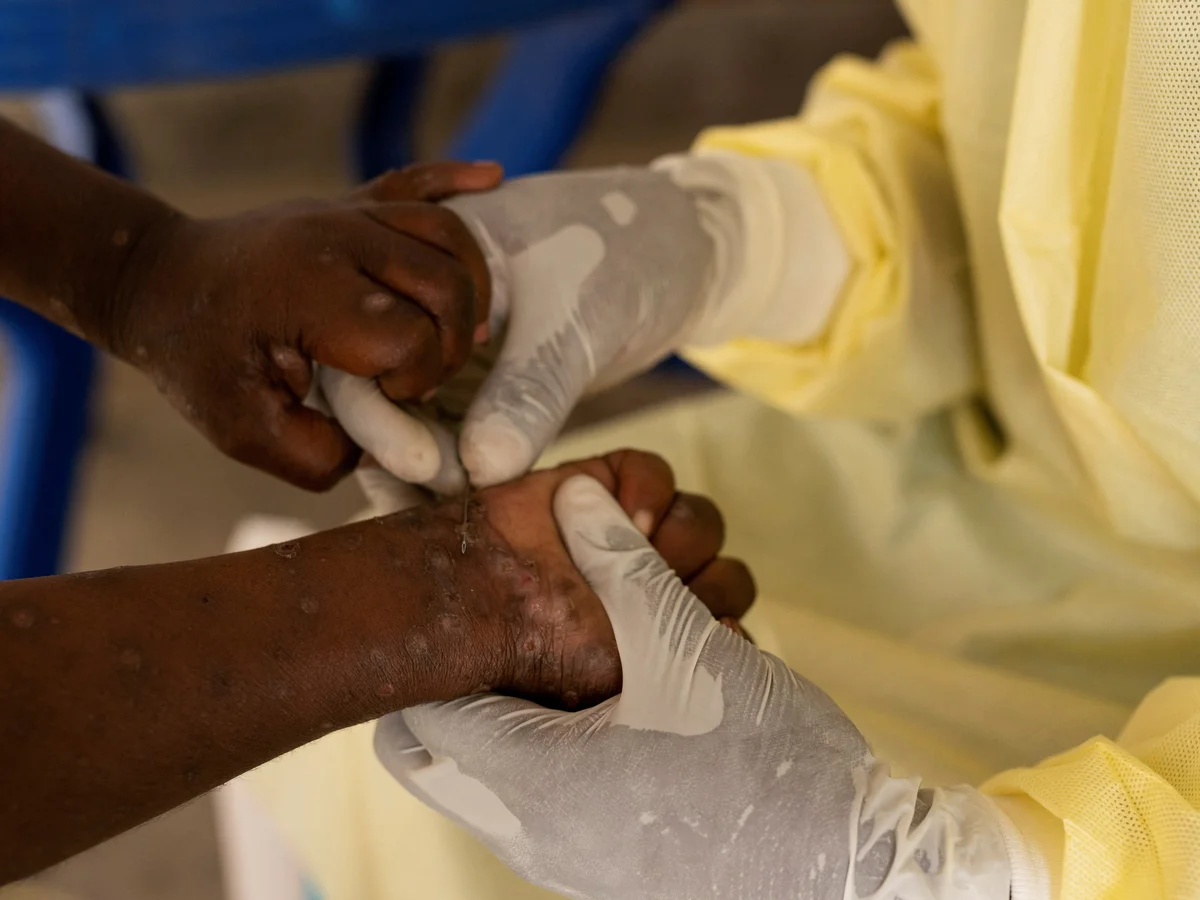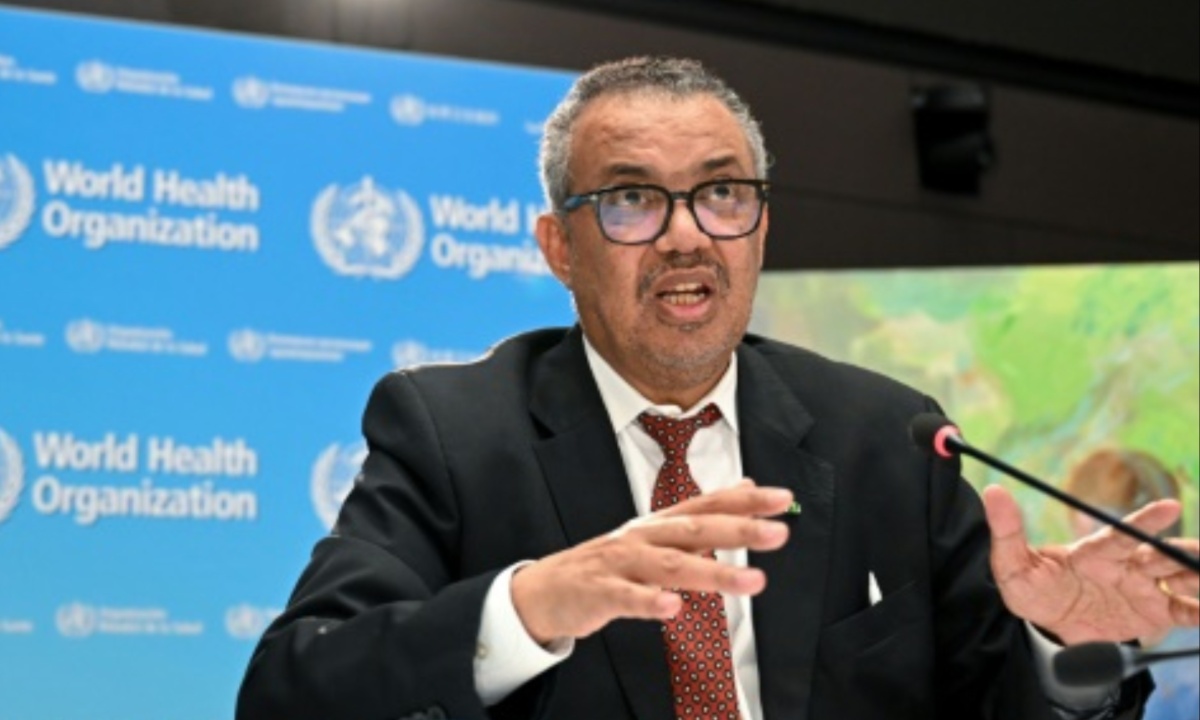Mpox, formerly known as monkeypox, has been declared a global public health emergency by the World Health Organization (WHO) due to a surge in cases, particularly in the Democratic Republic of the Congo (DRC) and several other African countries. As of mid-August, there have been 545 reported cases, with 474 confirmed.
Mpox symptoms include a painful rash, fever, chills, muscle aches, and respiratory symptoms. There are two main types of the virus: Clade 1, which is responsible for severe illness and higher death rates in the current outbreak, and Clade 2, which caused the 2022 global outbreak but has a much lower fatality rate.
Despite concerns about the spread of the new strain, experts agree that mpox is unlikely to become a pandemic like COVID-19 due to its different mode of transmission. Unlike COVID-19, which spreads easily through respiratory aerosols even during casual contact, mpox primarily requires close skin-to-skin contact for transmission.
Although it can occasionally spread through contaminated materials, such as bedding, it is not as contagious as COVID-19. The virus could cause a widespread epidemic, particularly through sexual contact, but it does not have the same potential for rapid, casual transmission.

Health experts emphasize that mpox is not the next COVID-19, as it does not spread through respiratory droplets over long distances. The current Clade 1 outbreak is mostly contained within the DRC and neighboring African countries, with no cases detected in the U.S. Surveillance efforts, including wastewater analysis, are ongoing.
Mpox spreads less efficiently from person to person compared to COVID-19, with fewer infections resulting from direct contact.
The most at-risk populations for mpox are men who have sex with men, particularly those from Black and Hispanic communities. Additionally, individuals who are immunocompromised or very young are at greater risk of severe infection. People with HIV who are not receiving effective antiretroviral therapy are particularly vulnerable.
Survivors of mpox may also face long-term complications, such as vision impairment and scarring, highlighting the need for further research into these long-term effects.
To prevent mpox transmission, the CDC recommends vaccination for men who have sex with men and are at higher risk due to factors like recent sexually transmitted disease diagnoses. It is also important to avoid close contact with individuals showing mpox symptoms.
Efforts are being made to distribute vaccines, such as the JYNNEOS mpox vaccine, particularly in Central and West Africa, where the outbreak is concentrated. However, a global shortage of the vaccine remains a significant challenge in controlling the spread of the virus.
